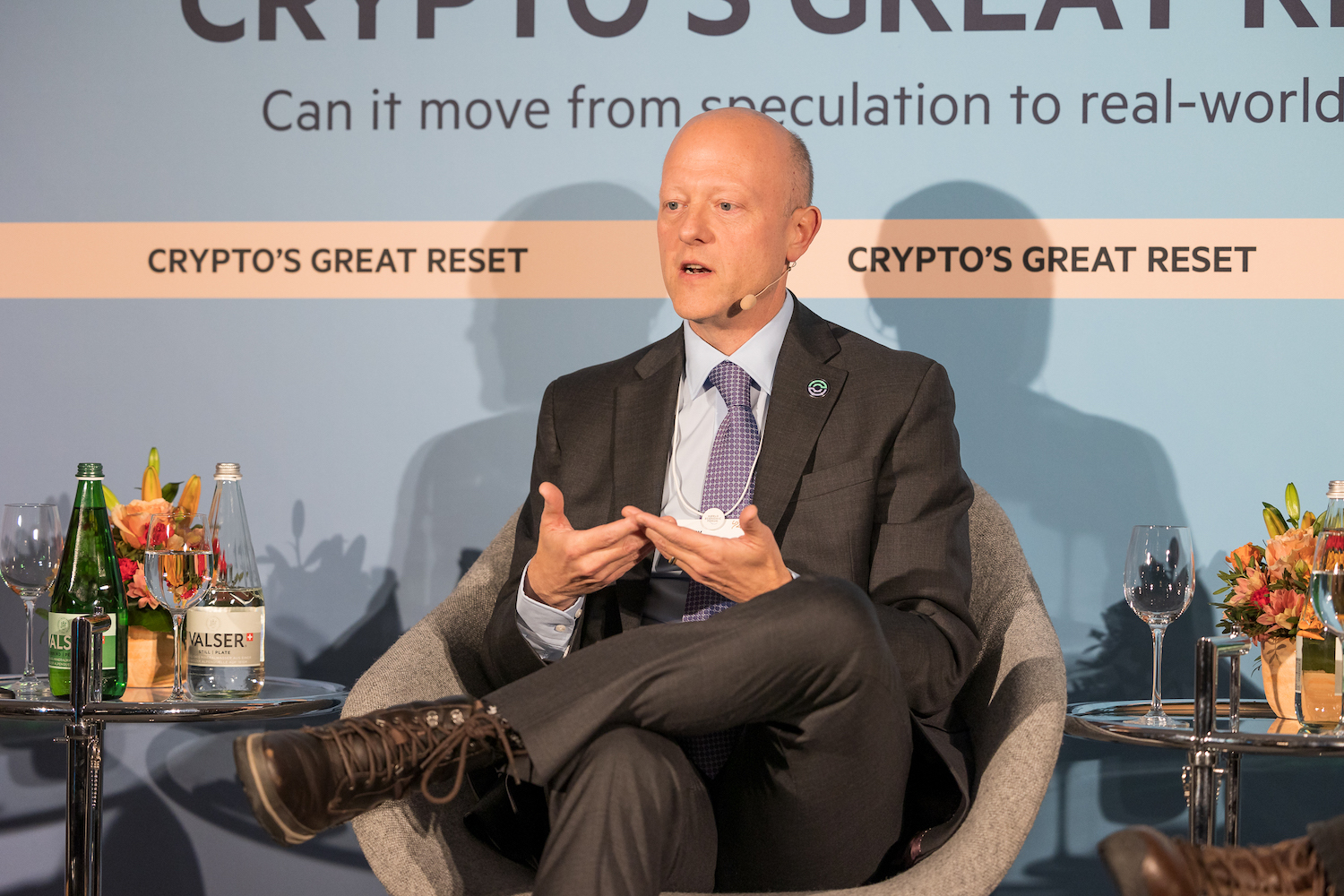Defending Dollar Competitiveness
Congress has an opportunity to enshrine the U.S. dollar as the currency of the internet, bolstering its strength for decades to come.

Financial Times
A Q&A with Jeremy Allaire, CEO, Co-Founder, and Chairman of the Board, Circle
Why is the dollar’s status as a global reserve currency important for the U.S., along with our allies and trading partners?
For nearly a century, the U.S. dollar has played a foundational role in global trade and commerce, built on open global markets and the rule of law. The U.S. dollar extends American power, and provides a sound foundation for organizing global financial and economic activity. With dramatic changes in global geo-economic and strategic configurations, strength and competitiveness for the dollar is paramount.
Why is the dollar facing serious challenges today?
The rise of a more multi-polar political economy, including foremost China, India and, in general, a much larger role for developing markets, has increased pressure on dollar dependence. Additionally, following Russia’s brutal invasion of Ukraine, with corresponding and intense financial sanctions, more non-aligned countries are questioning the political safety of the dollar. We are also seeing rapid development of new technologies for currency and value exchange, rooted in internet-native innovations built on advances in cryptography, which over the long-run are posing new potential challenges to the role of the U.S. dollar.
How can the dollar adapt to be more competitive in the evolving global financial landscape?
The front-lines in future currency competitiveness, like other major industries including communications, media, commerce, and more, are rooted in technology innovations and internet-driven networks. In the coming decades, an entirely new layer of the internet is being built around storing, transferring and exchanging value, including financial and commercial contracts. To remain competitive, we need truly digital dollars that can inherit these new super powers, and project those digital dollars into every corner of the internet.
How can Washington adapt its policy and financial infrastructure to maintain the dollar’s strength?
The winning recipe for the U.S. has always mixed responsible private-sector innovation with rigorous public-sector oversight. Now that digital dollars and open, public blockchains have demonstrated widespread demand for new forms of money and global commerce, Congress needs to pass clear rules governing the use of digital dollars. If the U.S. does not act, we would miss an opportunity to enshrine the U.S. dollar as the currency of the internet, protecting and projecting its strength for decades to come. Congress is now considering bipartisan legislation that will meet the moment in the form of a payment stablecoin bill. But because this is a national security and national economic competitiveness issue for the United States, we need to think of this as a dollar competitiveness bill, not merely a stablecoin bill.
How does Circle’s work support the dollar?
Circle is the sole issuer of USD Coin (USDC), a digital dollar that businesses and people all over the world use to buy, sell, and transact on open, public blockchains. From remittances and humanitarian aid to cross-border payments and corporate treasury services, USDC is already transforming the way money moves. We want money to move with the same speed, ease, and low-cost as a text message. Which is why, since its launch in 2018 to today, USDC has settled more than $10 trillion worth of transactions across 190+ countries. USDC meets the global demand for U.S. dollars in digital form – demand that will only grow as the world becomes more automated, digitized, and integrated.
What is the outlook for digital dollars over the next decade?
As an early web pioneer and longtime software developer, I see important parallels to the rise of the modern internet in the early to mid-1990s. The first websites were pretty basic. And dial-up could be really slow. But as bandwidth and utility increased – as people and businesses saw how practically powerful the web could be – mainstream usage grew exponentially. The same growth curve is taking shape in this new era of financial infrastructure. As people and organizations everywhere experience the utter speed, security, interoperability, and programmability of digital dollars, there’s no going back. So long as Washington sets high policy standards, I expect digital dollars in the form of USDC on open, public blockchains to play a major role in global commerce, finance, and monetary policy. In short, well-regulated, privately distributed digital dollars will help cement the dollar’s role as the world’s reserve currency for the 21st century.
